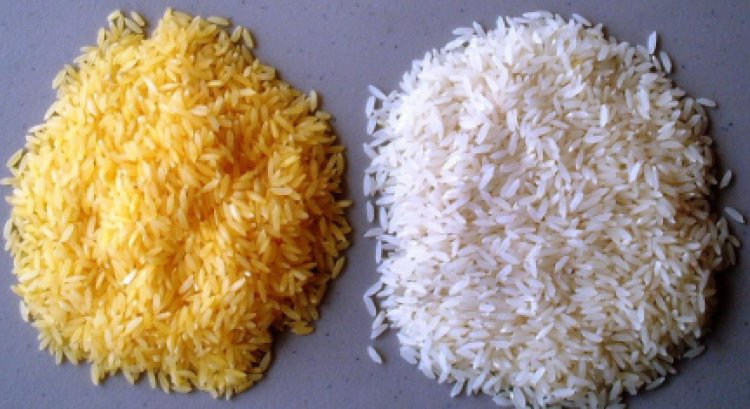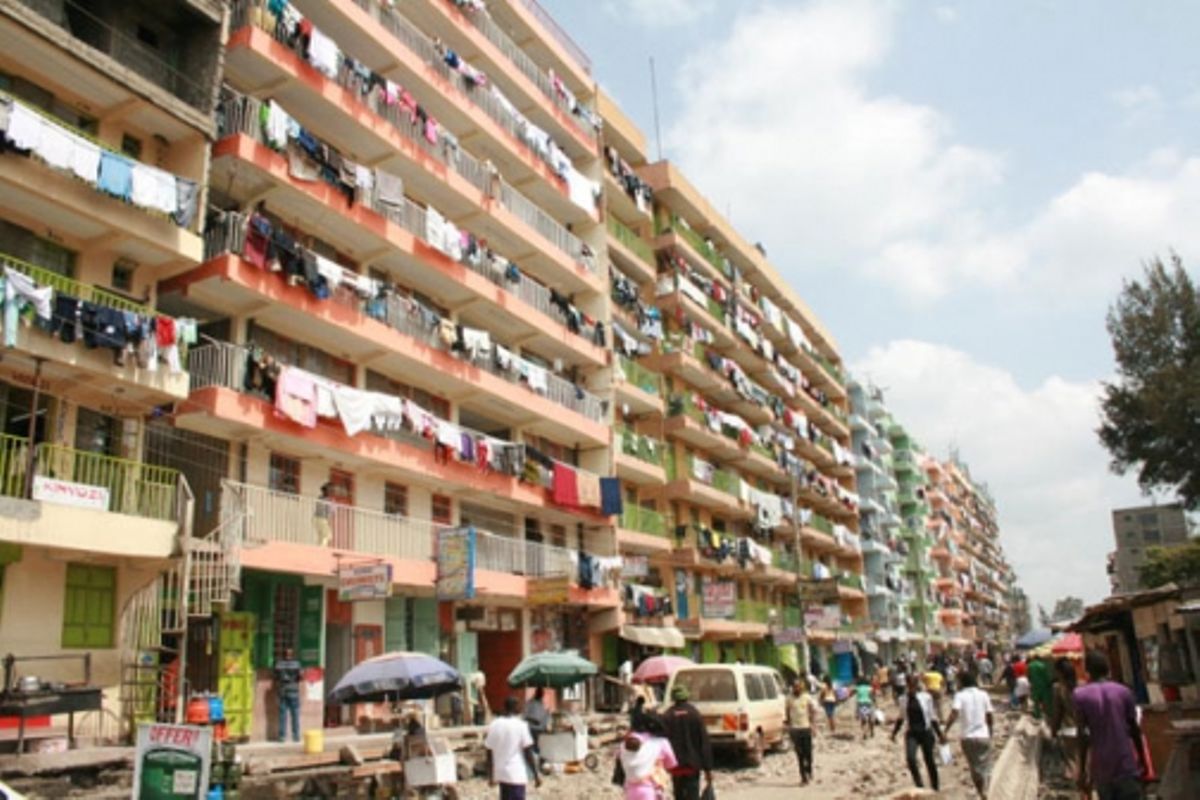High Court Places Temporary Ban On Importation Of GMOs
The government's plans to import and distribute Genetically Modified (GMOs) crops, have been temporarily halted by the High Court.

On November 28, Lady Justice Mugure Thande issued a decision ordering a halt to imports awaiting the outcome of a case brought by a social movement.
"It is hereby ordered: that the petition and application be served upon all parties by close of business on Monday, November 28, 2022, that the responses be served by December 13, 2022," ruled Justice Thande.
The social movement, Kenyan Peasants League, filed a petition in the court, which has now prohibited the government from importing or distributing GMO crops and food until the matter is heard and decided.
The case will be discussed on December 15, 2022.
The petitioners protested the importation, development, and consumption of GMO foods and crops, claiming that they posed a grave health risk to Kenyans, particularly the underprivileged and those with low incomes.
Cidi Otieno, the head of the Kenyan Peasants League, based his affidavit on remarks made recently by Moses Kuria, who suggested it was acceptable to add GMOs to the list of things that can harm Kenyans.
He contended that the Trade CS implied in such a statement that GMOs were really harmful for human consumption and that the government's activities, which are in violation of Kenyan constitutional prohibitions, imperil human life and health.
Otieno continued by saying that rather than bringing in food that would result in long term ailments among the people, if the government truly needed to eliminate hunger, it was free to import healthy corn from Tanzania or other surrounding countries.
Kenya removed its ban on genetically modified crops after a close to a decade ban. Officials hoped that doing so would increase crop production and food security following the worst drought in the East African region in 40 years.
Early last month, President William Ruto's administration released a statement outlining the lifting of the ban as part of the drought response.
The cabinet reportedly took into account a wide range of suggestions for adapting to climate change, lessening Kenya's reliance on rain-fed agriculture through enhanced irrigation, and planting a varied and drought-resistant crop mix.



























